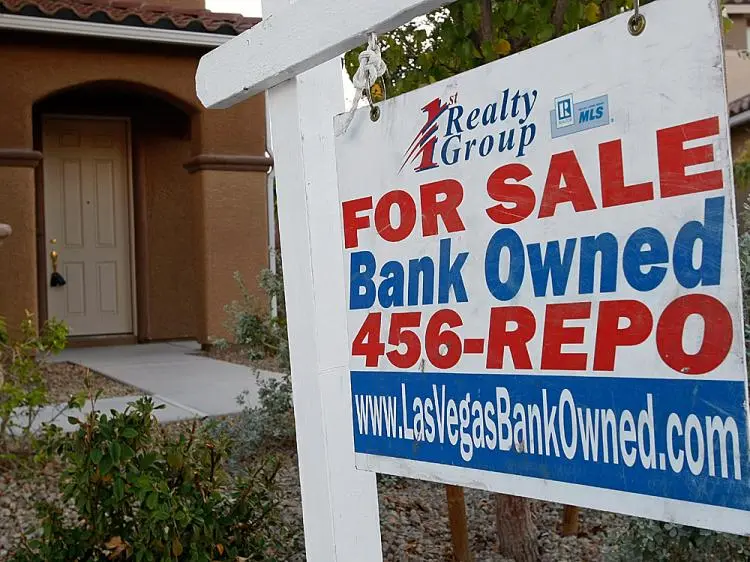A Washington state court fined Meta $24.66 million for intentionally violating campaign finance disclosure law—the largest-ever such penalty in U.S. history—which was imposed on the company for repeatedly violating state law.
The parent company of social media behemoth Facebook was fined the maximum allowed under the Fair Campaign Practices Act for 822 violations. Washington State Attorney General Bob Ferguson argued that the fine amount was appropriate, especially because his office previously sued Facebook in 2018 for violating the same law.





